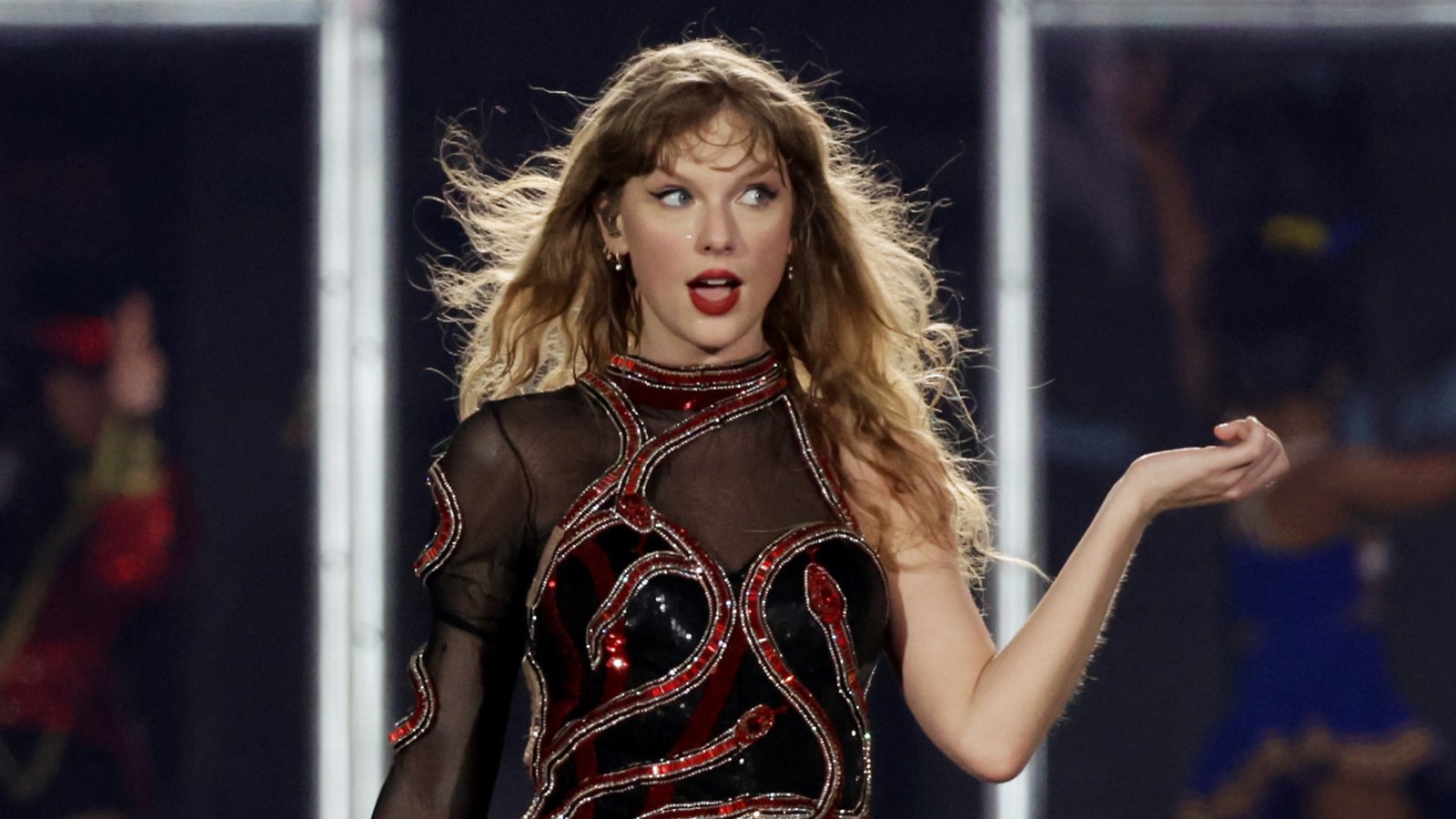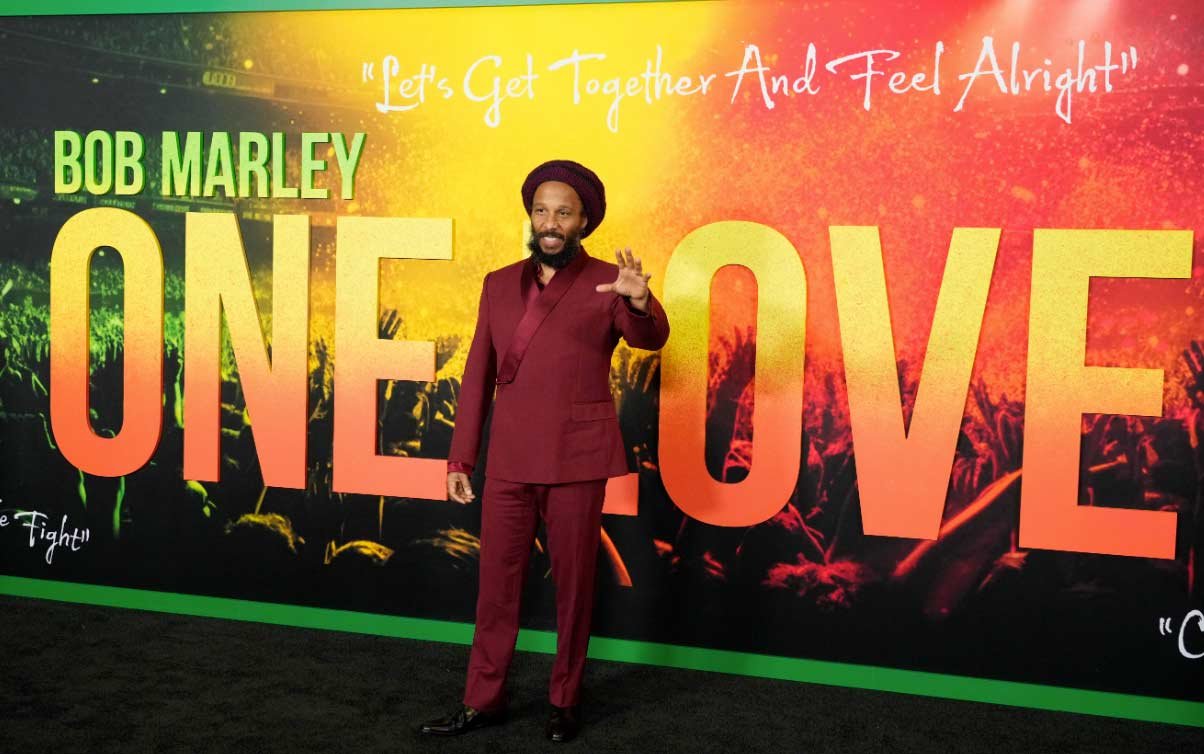In a delightful cinematic magic trick, director Wes Anderson weaves a shaggy dog story without a hair out of place in his second film of 2023, following the sublime “Asteroid City.” Adapted from Roald Dahl’s work, this film pays homage to the act of storytelling itself.
The movie opens in an Andersonian recreation of Dahl’s real-life “writing hut,” where Ralph Fiennes, playing a version of the author, mumbles the peculiar ingredients that ignite his creative spark. Fiennes then launches into a tale that purports to be true—a meta-narrative that spans the globe.

Enter Henry Sugar, portrayed by the utterly perfect Benedict Cumberbatch. Bored and seeking adventure, Henry takes a slim volume off a rich friend’s library shelf. Little does he know that this seemingly innocuous act will lead him on an extraordinary journey.
Anderson’s meticulous sets, reminiscent of Karel Zeman’s work, serve as the backdrop for this whimsical adventure. All the actors address the camera directly, their words delivered with Dahl’s dry wit and subtle craft. The story unfolds at a rapid pace, leaving no room for inflection but plenty for imagination.

Henry Sugar, a mega-rich man drifting like seaweed across the world, discovers a secret: the art of seeing without his eyes. Initially, he intends to use this skill to cheat at gambling, but the winnings yield a spiritual epiphany. Dahl’s words describe men like Henry: “They are not particularly bad men, but they are not good men either. They are of no particular importance; they’re simply part of the decoration.”
Anderson’s first Netflix venture, “The Wonderful Story of Henry Sugar,” is a 40-minute gem that captures the essence of Dahl’s fanciful yet adult-oriented narrative. It’s a celebration of storytelling, where the mundane meets the magical, and the ordinary becomes extraordinary.
















